Ancient India’s Scientific Brilliance - A Legacy That Shaped the World | (Wed 19 Mar 2025 05:36)
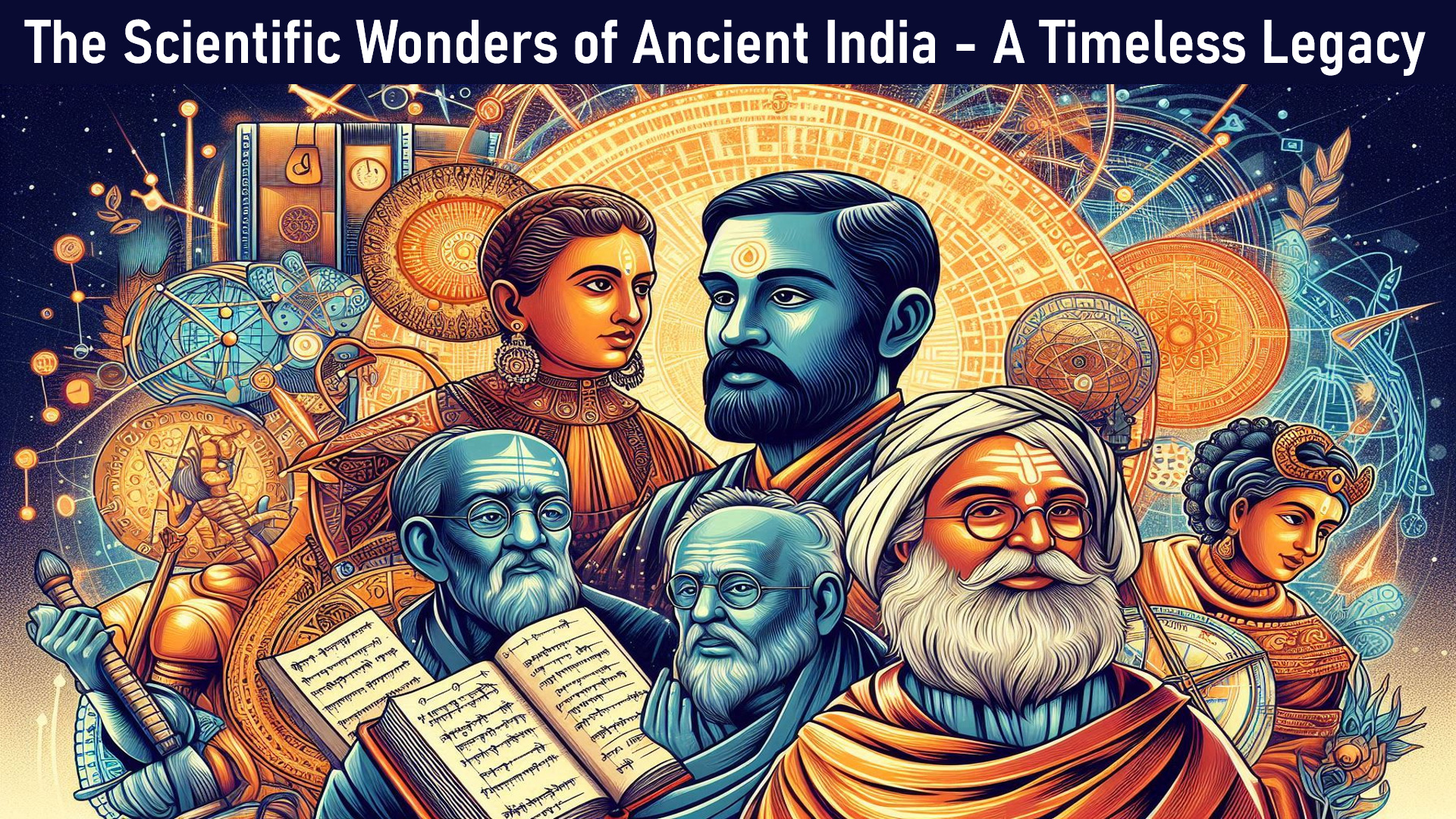
The Forgotten Genius of Ancient India
The warm glow of the setting sun bathed the towering temples of Nalanda in a golden hue. The air buzzed with the discussions of scholars from different corners of the world—China, Greece, and Persia—who had traveled to this seat of learning to unravel the mysteries of science, medicine, and mathematics. At the heart of this vast knowledge stood India’s ancient sages and scholars, who, centuries before modern science, had unlocked the secrets of the universe. Their contributions, though often overshadowed by Western discoveries, remain the foundation of many scientific principles we use today.
As we embark on this journey into the scientific marvels of Ancient India, let’s uncover the stories of the brilliant minds who shaped human progress in ways we still benefit from today.
1. Mathematics: The Gift of Zero and Beyond
One evening in Ujjain, a young mathematician named Brahmagupta sat under a tree, pondering a problem that had baffled scholars for centuries—what happens when you subtract a number from itself? His eureka moment led to the first definition of zero (shunya), a discovery that changed mathematics forever. Brahmagupta, in his book Brahmasphutasiddhanta (7th century CE), introduced rules for arithmetic operations with zero and negative numbers, laying the foundation for algebra.
A few centuries earlier, in 499 CE, Aryabhata had already revolutionized mathematical thought. He introduced the place-value system and calculated π (pi) to four decimal places. He proposed that the Earth was a rotating sphere, a concept that challenged prevailing beliefs long before Copernicus. His ideas spread through Arab scholars and later influenced European mathematicians.
Fast forward to the 12th century, Bhaskaracharya, another brilliant mind, took Aryabhata’s work further. His treatises on calculus and algebra predated Newton and Leibniz by centuries. He introduced differential coefficients and cyclic methods in algebra, proving that India’s grasp on mathematics was far ahead of its time.
These discoveries did not remain confined to India. The concept of zero traveled through Arab mathematicians to Europe, forming the basis of modern computation, engineering, and finance.
2. Astronomy: Mapping the Cosmos
Imagine a time when people believed that the Sun revolved around the Earth. While Western civilizations clung to this notion, Aryabhata, in the 5th century CE, boldly stated that the Earth rotates on its axis and that the apparent motion of celestial bodies was due to this rotation. He accurately calculated the duration of a year (365.258 days) and proposed that the Moon shines due to reflected sunlight.
Meanwhile, in the 6th century, Varāhamihira, a celebrated astronomer, added another layer of brilliance to Indian science. He proposed a revolutionary idea: could earthquakes be linked to planetary movements, underground water, and even animal behavior? This early approach to seismology showed an understanding far beyond his time.
Both Aryabhata and Varāhamihira's theories later influenced Islamic and European astronomy, making their contributions invaluable to the scientific progress of humanity.
3. Physics & Chemistry: The Ancient Atomic Theory
Long before John Dalton proposed atomic theory, an Indian sage named Kanada (2nd century BCE) had already conceived the idea that matter is made up of indivisible particles—paramanu. He theorized that these particles combined in different ways to form various substances. This concept closely resembles modern atomic and molecular chemistry.
Centuries later, Nagarjuna (8th century CE), known as the “Father of Indian Alchemy,” advanced the study of metallurgy and chemical processes. His experiments in purifying metals and transforming base metals into gold fascinated scholars worldwide. While his transmutation theories didn’t align with modern chemistry, his methods laid the groundwork for later metallurgical advances.
4. Medicine & Surgery: The Science of Healing
In the bustling streets of Varanasi, a young healer named Sushruta carefully prepared his surgical tools. Known as the “Father of Surgery,” Sushruta compiled the Sushruta Samhita (6th century BCE), detailing over 300 surgical procedures and 120 surgical instruments. His most remarkable achievement? Plastic surgery. He developed techniques for rhinoplasty (nose reconstruction) that are still in use today.
Meanwhile, Charaka (2nd century BCE), the pioneer of Ayurveda, compiled the Charaka Samhita, a text that explored immunity, digestion, and holistic healing. He emphasized disease prevention through lifestyle and dietary changes, an approach strikingly similar to modern preventive medicine.
These texts, translated into Arabic and later into European languages, heavily influenced Greek, Persian, and medieval European medicine. The principles of Ayurveda continue to shape alternative medicine worldwide.
5. Metallurgy: Advanced Techniques Beyond Their Time
A casual visitor to Delhi might walk past the Iron Pillar of Delhi, but few realize its scientific significance. Erected around 400 CE, this towering iron structure has stood rust-free for over 1,600 years—a feat of metallurgical excellence that modern science still struggles to replicate. The secret? A unique combination of phosphorus and high-purity iron that prevents corrosion.
Additionally, India pioneered zinc extraction techniques, leading to the mass production of brass and other alloys. Indian blacksmiths had mastered techniques centuries before Europe, proving their advanced understanding of chemistry and materials science.
6. Engineering & Architecture: The Wonders of Ancient India
A traveler exploring the ruins of Lothal (2400 BCE), an Indus Valley Civilization city, would find one of the world’s earliest dockyards, showcasing India’s expertise in maritime engineering. This ancient port city had well-planned drainage systems and granaries, indicating an advanced understanding of urban planning.
Similarly, India’s stepwells and temple architecture are marvels of civil engineering. The grandeur of the Brihadeeswarar Temple in Tamil Nadu and the precisely aligned Konark Sun Temple illustrate India’s deep knowledge of structural engineering and solar geometry.
The Lasting Impact: How Ancient India Shaped the Modern World
The contributions of ancient Indian scientists and scholars were not just theoretical but practical, influencing civilizations across time and space. The concept of zero, the decimal system, planetary motion, atomic theory, metallurgy, and surgery—each of these discoveries played a crucial role in shaping the modern world.
However, many of these achievements were overshadowed during colonial rule, as indigenous knowledge systems were disregarded or replaced. Today, as the world rediscovers the genius of ancient Indian science, it’s essential to acknowledge and celebrate these contributions.
As we step into an era of technological advancements, artificial intelligence, and space exploration, it is worth remembering that much of modern progress stands on the shoulders of these ancient Indian giants. How do you think these early discoveries continue to influence science today?
The Timeless Relevance of Ancient Science
As the sun sets over the ruins of Nalanda, its silent walls still whisper the wisdom of those who walked before us. The legacy of India’s ancient scientists and thinkers is not just confined to history books—it is alive in the numbers we calculate, the medicines we take, and the technology we use.
The past is not just a memory; it is a guide to the future. And as we rediscover the brilliance of ancient India’s scientific contributions, one thing is certain—science knows no boundaries, and knowledge, once discovered, belongs to all of humanity.
Then why the trajectory of Indian science faced a decline?
The decline of scientific advancements in ancient India was a complex process influenced by several factors. Despite being a cradle of knowledge and innovation, India’s scientific momentum slowed down over time. Here’s why:
1. Political Instability and Invasions
- Repeated foreign invasions, from Persians, Greeks, and Huns to later Islamic conquests and British colonial rule, led to the destruction of major centers of learning like Nalanda and Takshashila.
- These universities housed vast knowledge in mathematics, astronomy, medicine, and engineering, which were lost forever when they were burned or plundered.
- The disruption of patronage systems meant that scholars and scientists no longer had royal or state support to pursue research.
2. Suppression of Rational Inquiry
- Over time, rigid orthodox traditions and religious conservatism overshadowed free thinking.
- The emphasis on spiritualism over scientific exploration led to a decline in questioning and experimentation.
- Superstitions and ritualistic practices replaced rational thought and scientific curiosity.
3. Lack of Documentation and Continuity
- Unlike Western civilizations, where knowledge was systematically recorded and preserved, much of India’s scientific knowledge was passed down orally or inscribed on fragile manuscripts.
- When invaders burned libraries like Nalanda (destroyed by Bakhtiyar Khilji in 1193 CE), thousands of years of knowledge were lost.
4. Colonial Disruptions and Eurocentrism
- The British colonial system deliberately undermined Indian education and scientific traditions to justify their rule.
- Traditional Indian knowledge systems were dismissed as unscientific, and British education policies promoted Western science while ignoring indigenous discoveries.
- Scientists like J.C. Bose, Srinivasa Ramanujan, and C.V. Raman had to struggle against colonial biases to gain recognition.
5. Economic Decline and Shift in Priorities
- With India’s wealth drained by colonial powers, funding for scientific research and innovation became non-existent.
- The focus shifted from knowledge creation to survival, as frequent wars, famines, and foreign rule left India in economic distress.
6. Fragmentation of Knowledge
- While early Indian science was interdisciplinary, later periods saw compartmentalization, where knowledge was confined within different communities (e.g., Ayurveda remained within a small group of practitioners).
- The absence of a centralized system for sharing and expanding knowledge slowed down progress.
7. The Rise of Western Science
- During the Renaissance and Enlightenment periods, Europe aggressively advanced in science, benefiting from technological innovations, printing presses, and institutionalized research.
- India, on the other hand, was caught in colonial rule, making it difficult to compete on the global stage.
Can Ancient India's Scientific Spirit Be Revived?
Today, India is reclaiming its scientific heritage with a renewed focus on STEM education, AI, space exploration (ISRO), and technological innovation. The rediscovery of ancient texts and modern research into Ayurveda, mathematics, and astronomy is reviving India’s legacy as a knowledge powerhouse.
The past decline serves as a lesson: innovation thrives in an environment of intellectual freedom, institutional support, and global exchange. By embracing these, India can once again lead in science and technology.

Physics, Chemistry, Biology and Geography.

Computer Programming, languages & their frameworks.
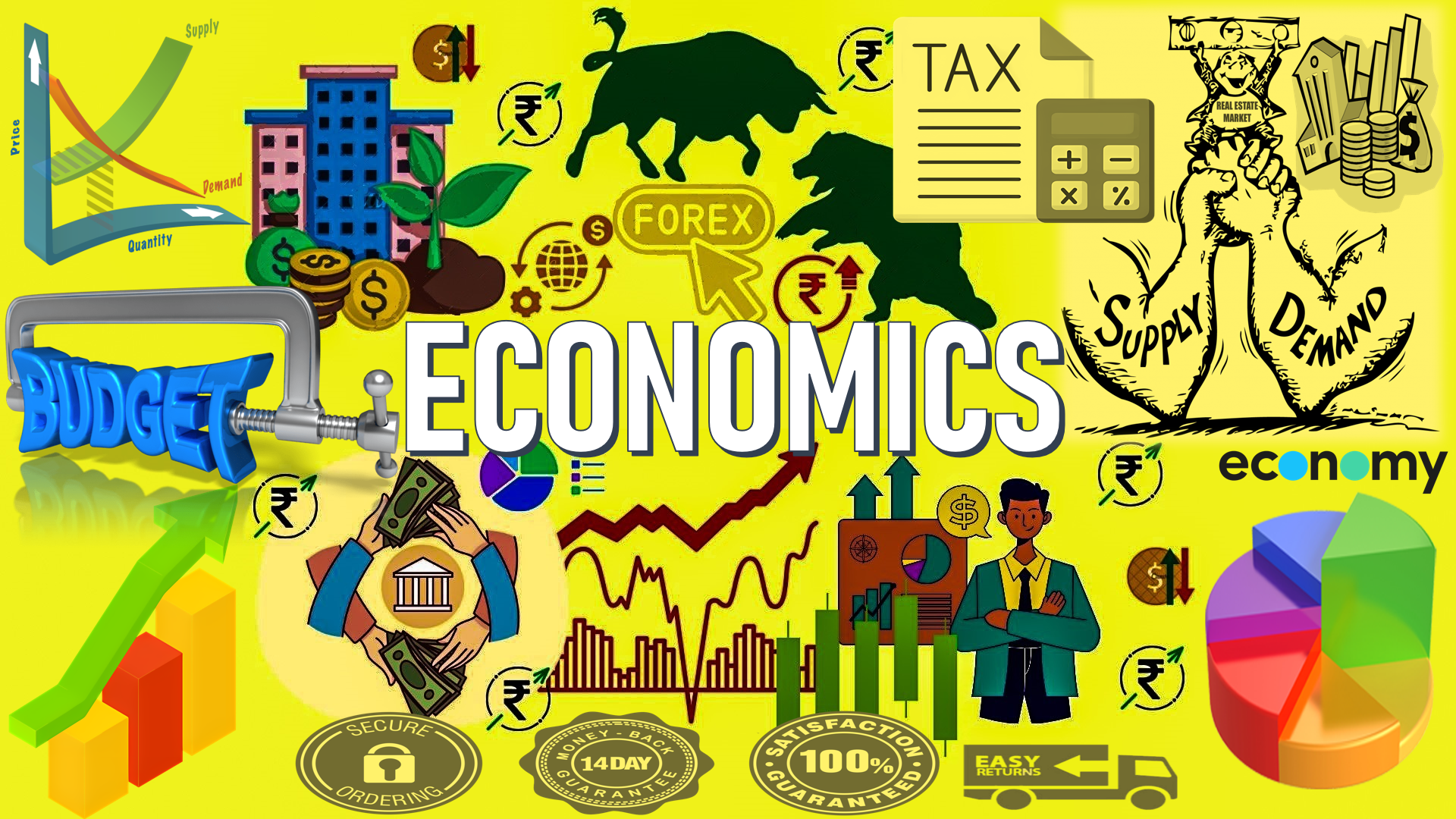
Economics, Accounts and Management.

Reviewing old and new books.
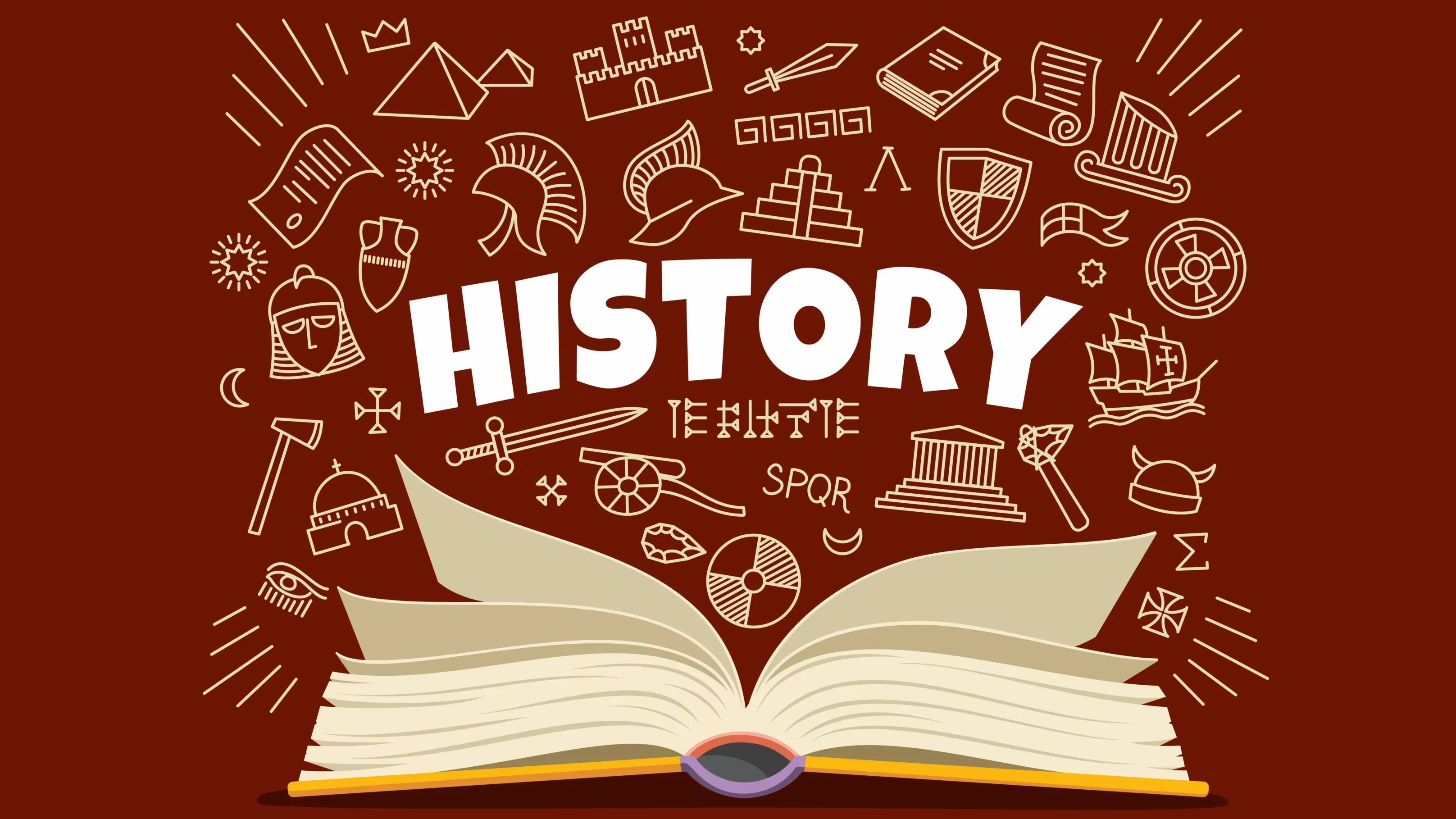
Ancient, Medieval, Modern, World History.
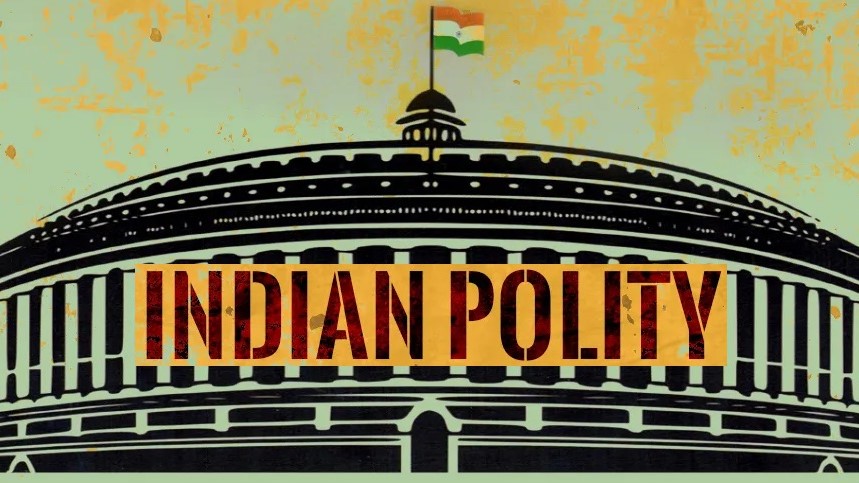
Indian Constitution, Politics, Policies, etc.
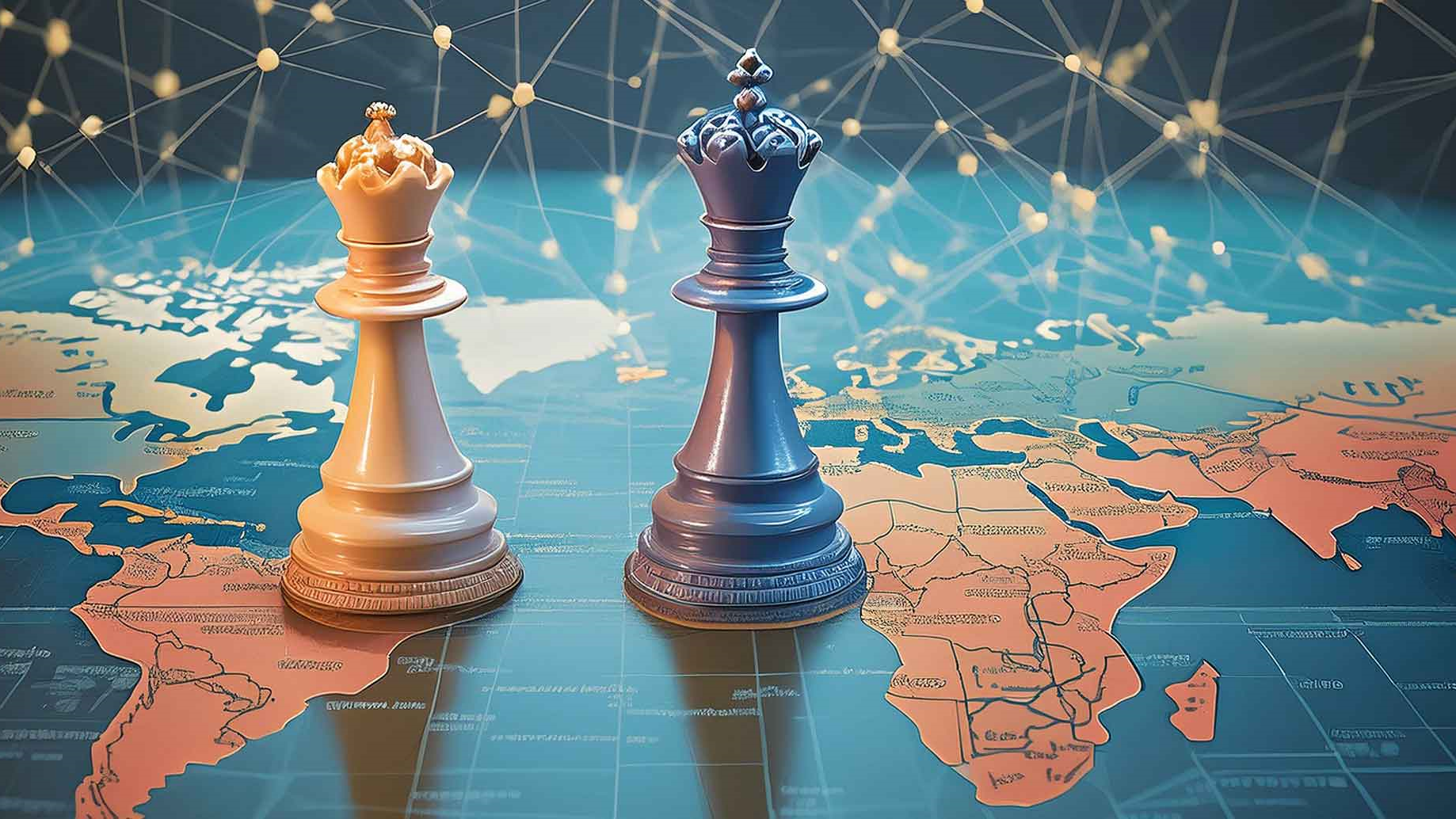
Everything related to International Affairs.

For all humanities topics, except History & Polity.

Anything related to entertainment industry.
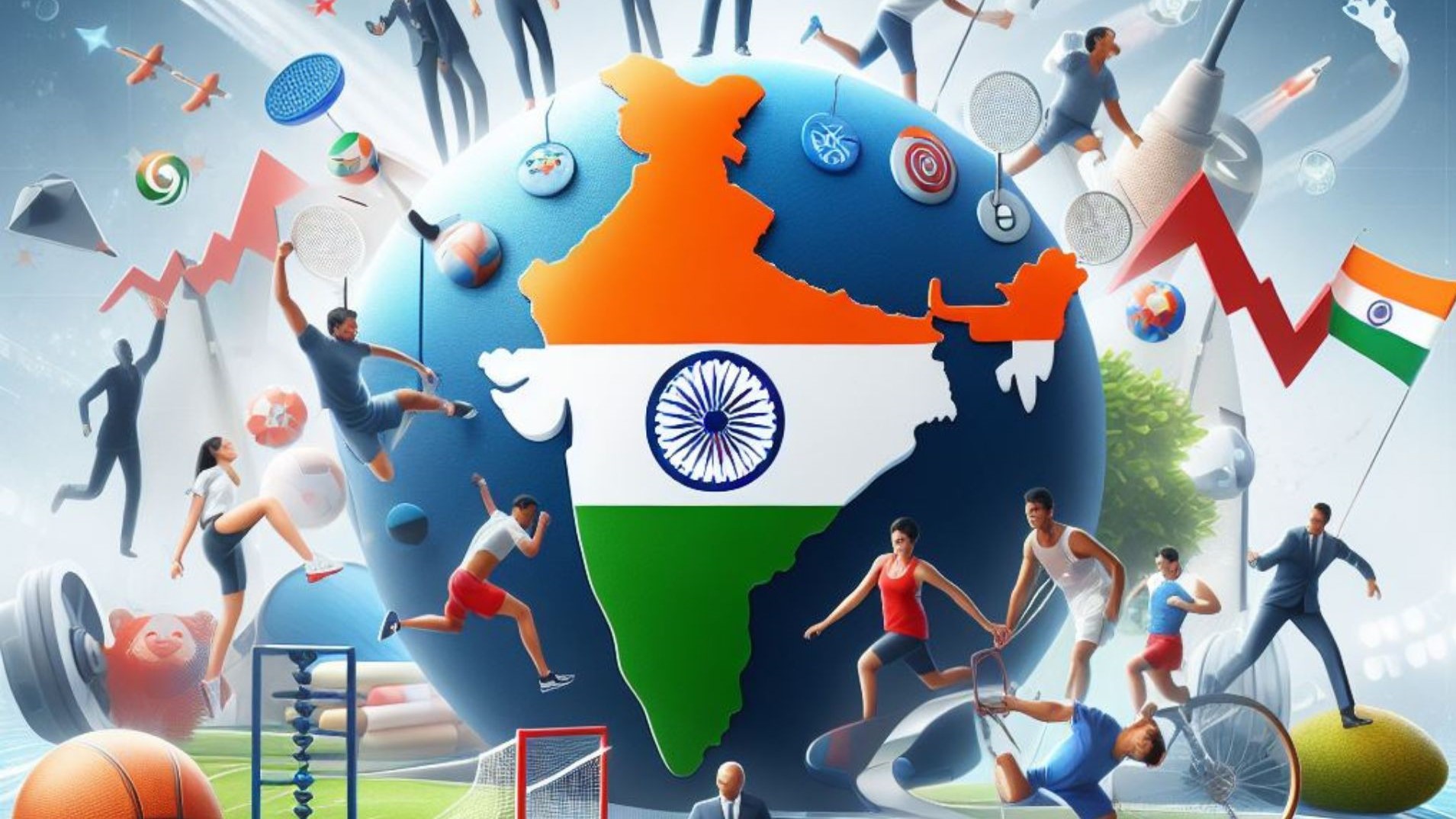
Mainly Cricket but other sports too.
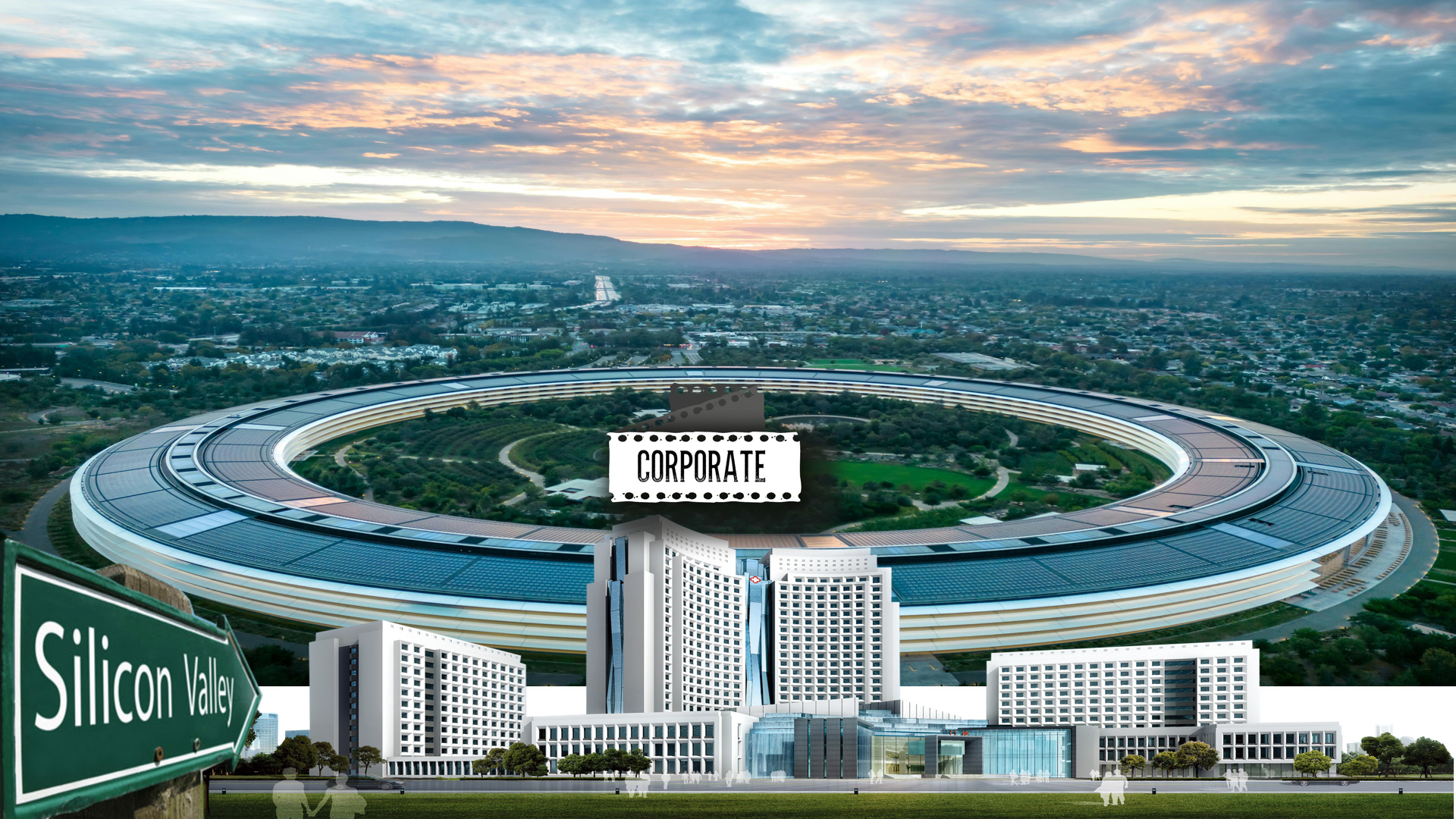
CS, IT, Services & Corporate Sector.
Comments
No comments yet. Be the first to comment!
Leave a Comment